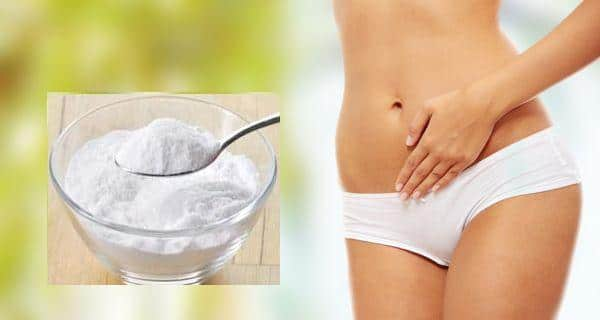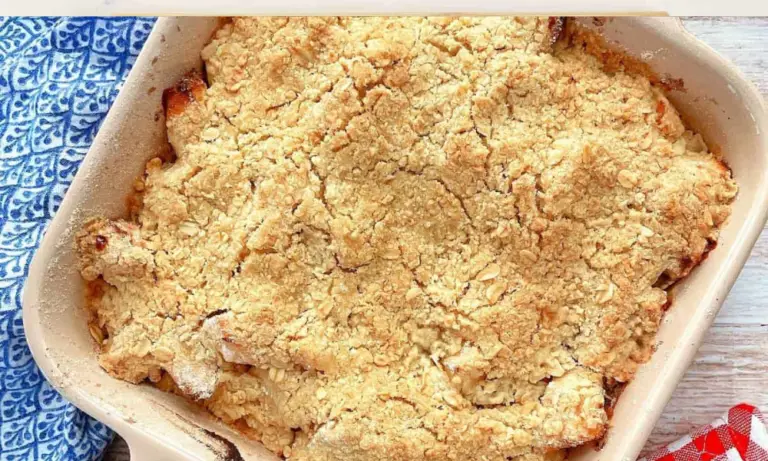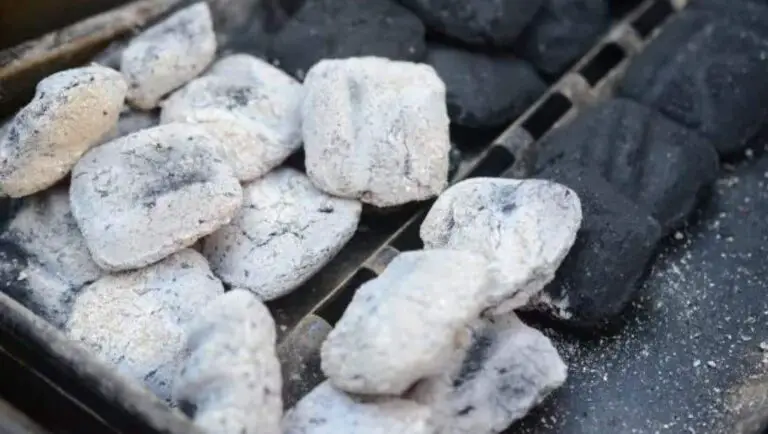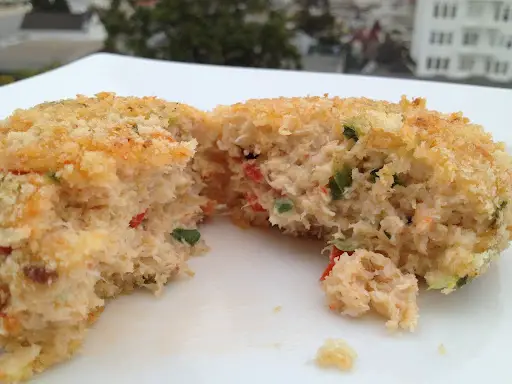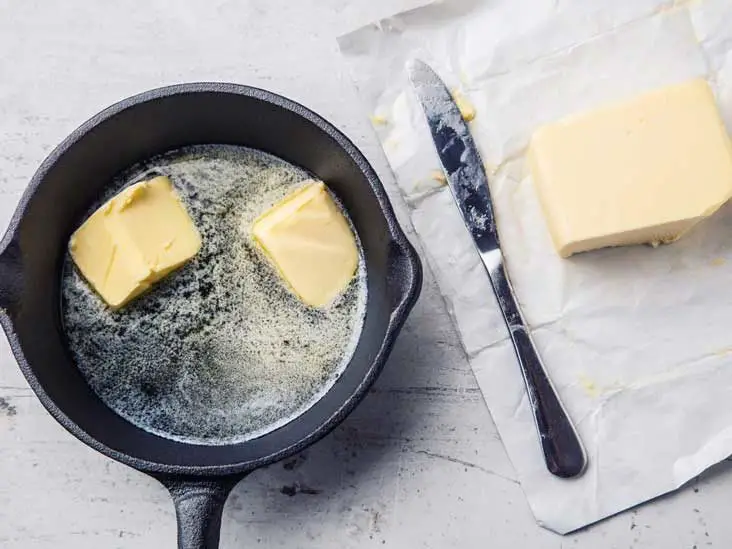The idea of putting baking soda in private parts might seem like a harmless DIY solution for promoting vaginal hygiene, but doing so can be risky and potentially dangerous. In this article, we explain the dangers of using baking soda in private parts, explore the ideal pH balance of the vagina, and provide safe alternatives to baking soda that promote vaginal health.
The pH Balance of the Vagina
The vagina maintains a delicate balance between acidic and basic environments. This is known as pH (potential of hydrogen) balance. A healthy vagina typically has a pH level between 3.5 to 4.5, which is considered to be mildly acidic. An imbalance in pH levels can lead to various infections such as yeast infections and bacterial vaginosis.
Potential Risks of Using Baking Soda in Private Parts
Using baking soda in private parts can have negative effects on your vaginal health. Here are some potential risks associated with using baking soda:
Irritation
Baking soda is an abrasive substance that can cause irritation, itching, and dryness when used in private parts.
Burning Sensation
DIY remedies involving baking soda often involve adding it to bathwater or applying it directly to the skin. Doing so may cause a burning sensation due to an imbalance in pH levels.
Disruption of pH Balance
Using baking soda on its own or mixed with other substances can disrupt the natural balance of bacteria in the vagina by altering its pH level, increasing your risk for infections.
Benefits Claimed by Using Baking Soda in Private Parts
Despite potential dangers associated with using baking soda privately, some people use it as a home remedy against yeast infections or odor control because they believe it has antiseptic properties that can eliminate bad bacteria.
Claims Made by Those Advocating Its Use
Those who advocate for putting baking soda privately claim that it reduces odors caused by sweating or menstrual cycles while also reducing fungal growth.
Home Remedies That Are Safe Alternative to Using Baking Soda
If you’re looking for effective and safe alternatives to using baking soda in private parts, these home remedies might just do as well.
Tea Tree Oil
Tea tree oil is antifungal, antibacterial, and antimicrobial. To use it safely as a vaginal wash, dilute five drops of tea tree oil with two cups of warm water. Use it three to four times per week.
Coconut Oil
Coconut oil is a natural moisturizer and has antimicrobial properties that can help reduce the risk of infection. It can be used as part of your personal hygiene routine by applying it externally or internally once or twice a day.
Apple Cider Vinegar (ACV)
Apple cider vinegar works well for restoring pH balance to the vagina because it’s acidic for harmful bacteria but alkaline for helpful bacteria like lactobacillus. To use ACV, dilute one tablespoon in half a cup of water and apply via douchebag once per week.
Safe Ways to Maintain Vaginal Health
Maintaining good vaginal health extends beyond external hygiene practices alone. A healthy diet including fresh fruit and vegetables can strengthen your immune system while also boosting good bacteria production in the body. Here are recommendations on how best to maintain your intimate hygiene:
Personal Hygiene
Practicing good hygiene habits can go a long way towards maintaining healthy genitals outside the body functions. Ensure you:
- Wash regularly with unscented soaps
- Avoid wearing underwear that traps moisture
- Change menstrual pads or tampons regularly
- Keep hands clean before any genital contact
Using PROBIOTICS for Vaginal Health
Probiotics have been shown to support vaginal health by promoting balanced intestinal flora and strengthening immunity against infections.
Dosage Guidelines on Taking Probiotic Supplements
When considering which probiotic supplement product to purchase, select one with strains that support vaginal immunity like lactobacillus.
Final Thoughts on Baking Soda Usage in Private Parts
While baking soda has been known to be useful for various home remedies, it’s not recommended as a solution for maintaining vaginal health. It can be abrasive and cause irritation and itching at best. At worst, It can imbalance the pH levels and increase your risk for infections. Instead, consider natural and safe alternatives like tea tree oil, coconut oil or apple cider vinegar.
Q&A
- Q: Can putting baking soda in my private parts help treat a yeast infection? A: There is no scientific evidence to support the use of baking soda as a treatment for yeast infections. In fact, it may actually irritate the delicate skin and mucous membranes of the vagina and cause further discomfort.
- Q: Will using baking soda as a feminine wash help to eliminate odors? A: While some people claim that using baking soda as a feminine wash can help to neutralize vaginal odors, there is no research to support this. Moreover, altering the natural pH balance of the vagina with harsh chemicals like baking soda can lead to irritation and infections.
- Q: Is it safe to try inserting a baking soda solution into your vaginal canal? A: Absolutely not! Inserting any foreign substance into your vaginal canal carries the risk of infection and injury. Additionally, altering the pH balance by introducing baking soda could lead to bacterial vaginosis or other complications.
- Q: What should I do if I accidentally get baking soda on my genital area? A: If you accidentally get baking soda on your genital area, simply wash it off with warm water and mild soap. Do not use harsh chemicals or scrub too vigorously, as this can cause irritation. If you experience discomfort or unusual symptoms after exposure, seek medical attention right away.
